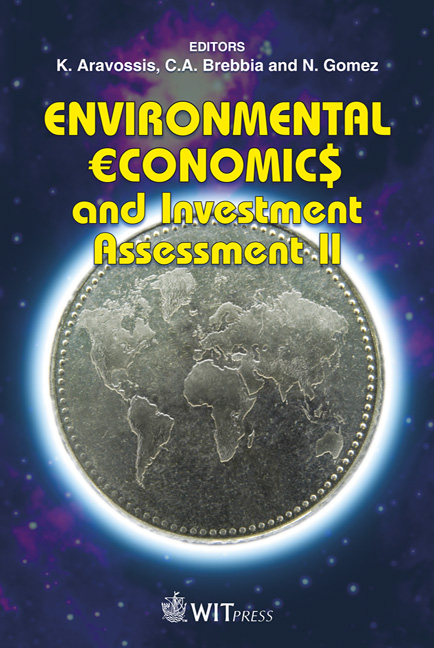Reducing Diffuse Water Pollution By Tailoring Incentives To Region Specific Requirements: Empirical Study For The Burdekin River Basin (Australia)
Price
Free (open access)
Transaction
Volume
108
Pages
12
Page Range
31 - 42
Published
2008
Size
794 kb
Paper DOI
10.2495/EEIA080041
Copyright
WIT Press
Author(s)
R. Greiner & O. Miller
Abstract
Australia is facing many environmental problems caused by agricultural diffuse pollution. Policies and programmes are being developed for landholders to improve environmental performance. One tool for achieving environmental improvements is the design and promotion of ‘best management practices’ (BMPs). These are conservation practices aimed at reducing diffuse pollution from agricultural lands and thus improving end-of-catchment water quality. A suite of grazing region-specific BMPs were developed for the Burdekin Dry Tropics region in north-eastern Australia. While they were developed in a consultative fashion, there was no explicit consideration of knowledge of adoption processes or supporting incentives. This paper utilises the data from an earlier grazier survey to explore what extent landholder motivations influence the adoption of BMPs and to gauge landholder preferences for incentives. The results highlight critical correlations between landholder goals, barriers to adoption of conservation practices, and preferred incentives to help overcome barriers. We conclude that a sound understanding is required not only of regional environmental issues but also the people and business situations which control diffuse pollution so as to tailor programmes aimed at improving regional environmental performance. Keywords: diffuse pollution, non-point pollution, water quality, conservation practices, incentives, adoption, grazing, Burdekin River basin, Great Barrier Reef, empirical research, correlations, factor analysis.
Keywords
diffuse pollution, non-point pollution, water quality, conservationpractices, incentives, adoption, grazing, Burdekin River basin, Great BarrierReef, empirical research, correlations, factor analysis.





